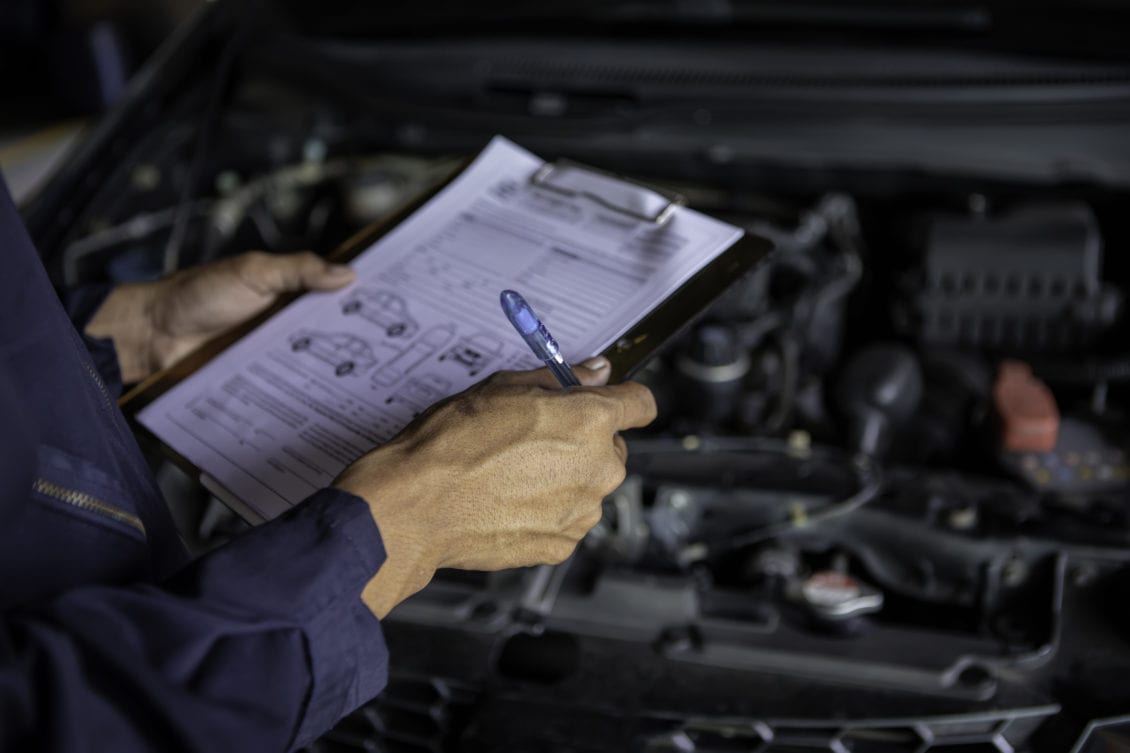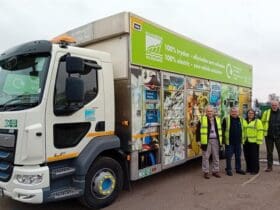Winter can be a difficult time for us all. The harsh weather conditions can make some of the everyday things you do feel more dangerous; however, nothing is affected more during this time of year than your car.
Everyone knows that the roads become more treacherous during a flurry of snow, but there are other pressing concerns that you need to pay attention to as well. This article will look at some of winter’s negative effects on your car and explain what you need to do to prevent them. All of this information aims to help you feel safer on the roads, so read on if this is something you have trouble with.
Check Your Windscreen Wipers
One of the most concerning hazards that drivers face during the winter is a lack of visibility. The shorter days mean that you will have to drive in the dark more often, and harsh weather effects like snow and rain can obscure your view. Therefore, your windscreen wipers are necessary if you want to remain safe on the roads.
Unfortunately, your windscreen wipers can freeze overnight when temperatures fall. This means that they can get stuck or lodged in plain view when you need them, but more importantly, any excess ice on your blades can scratch your windscreen when they are activated. All it takes is a sudden jolt for a single crack to shatter, and there are plenty of bumpy surfaces on the winter roads.
Make sure you check that your windscreen wipers are mobile and are not still covered in ice before you set off to avoid these issues. Also, it is a good idea to check that your screenwash hasn’t frozen overnight. A healthy drop of anti-freeze in your engine should prevent this, so try to keep this fluid topped up.
Clear Your Headlights
Your headlights are another part of your car that assists you with these visibility issues. These beams of light are going to be your best friend during a dark winter morning, but it is easy to forget about them when you have had to spend time clearing your windscreen.
Before you set out for work in the morning, take a quick look at your front headlights. These can become obscured by ice or snow very quickly, and a covered headlamp will have trouble cutting through the darkness. Furthermore, it is also good practice to check your indicators and brake lights. These lights are necessary for signalling your intentions to other drivers, and accidents can happen if they aren’t visible enough.
Frequently Test Your Brakes
Brakes are fundamental for keeping you safe on the roads, and this fact is put to the test most during the wintertime. A slippery road surface gives you less control over your vehicle, which means that you have to use your brakes more often to compensate after a freeze.
Using any mechanical device too frequently is going to wear it out, and your car’s brakes are no exception. Try to give them a quick test before you commit to a long journey. If you hear them groaning or squeaking when used, it is time to take them to a garage. You should never drive on roads with brakes that are in poor condition, and these subtle noises will let you know when something is wrong.
Drive On Grit Where Possible
Your local council will grit the main roads in your area to ensure that your car has a better purchase on the road’s surface. This is a mandatory practice for reducing car accidents after a heavy snowfall or nightly freeze and reducing wear and tear on your car tires. Unfortunately, the council cannot always reach some of the smaller, less-used roads or grit on private property.
If you live in a remote area or need access to your private property during the winter, you will have to arrange a private gritting service. Gritting contractors such as Gritting Works work throughout the winter to ensure that you can get to where you need to go safely. They specialise in assisting businesses during the colder months so if you are a manager or business owner, then you will want to use a service like this to allow everyone to get to work and reduce the risk of injury or damage. This gritting company will accept a one-off payment every time you use their services, saving you money and allowing you to look after your car tires during the winter.
Tire Pressure
A healthy dose of grit on the road is going to make it easier for your tires to function. However, you have a role to play in the condition of your tires too. A tire is only at its most effective when it is fully inflated. A fully inflated tire gives the driver more control over the vehicle and will handle better overall. This is imperative during those moments when you have to act quickly. Alternatively, a tire without enough air will bounce and provide you with an uncomfortable journey.
As you can see, properly inflated tires are preferable throughout the year, but it is more important to pay attention to your tire pressure in the winter. The unevenness of the road coupled with a tire in poor condition greatly increases the chances of an accident. Therefore, you should regularly check your tire pressure when temperatures drop. Your car’s manual should inform you of the optimum level of air that your tires need.
Check Your Battery
Your car battery may recharge slightly as you drive; however, it can still lose more energy than you expect. What’s more, your battery is used for more features than you initially realised. It is needed to power your headlights, heating, and car radio, but there is more.
The most important function of your car’s battery is lighting up the signals on your dashboard, including the hazard symbols. Since you need to drive more carefully in winter, your warning lights must be in working condition. Failing to notice that something is wrong could have serious consequences, so try to check your battery before winter starts to make sure that you are fully prepared for the season.
Fill Up The Tank
Fuel economy is not an exact science. Everyone has their own opinions about how to drive and save money on fuel, but it is largely accepted that your car will use up more petrol when it has to work harder. Unfortunately, there isn’t a time of year that pushes your car to its limits like winter.
This means that you will use up more fuel when driving in harsh weather conditions. Your car needs to stop and start regularly due to the unpredictable road surface, and it is sensible to drive slower after it has snowed, putting even more strain on your engine. You do not want to run out of fuel and have to spend a dark evening sitting at the side of the road in the biting cold, so make sure you fill up your petrol tank as often as you can.
Conclusion
Driving in the winter does put more pressure on your car’s main systems, but it doesn’t take a lot to adjust. Make sure that you are performing all of the regular checks above and change your behaviour where appropriate, and you won’t notice a difference at all.









Leave a Reply
View Comments